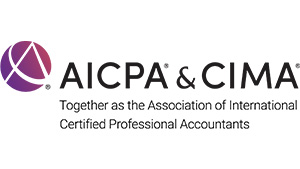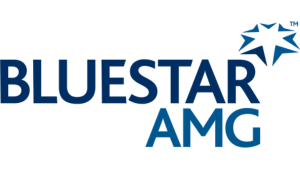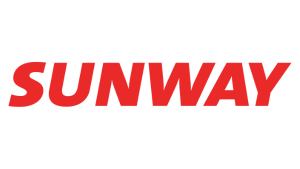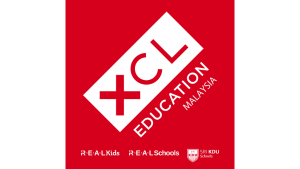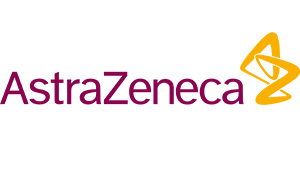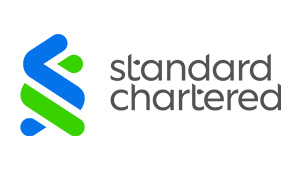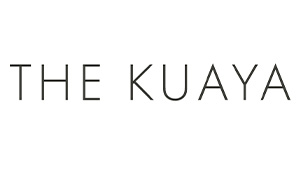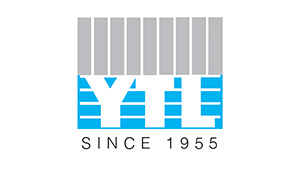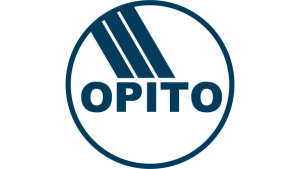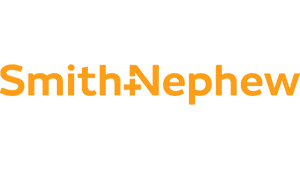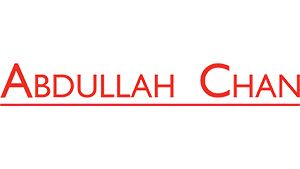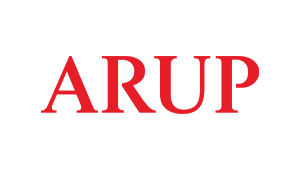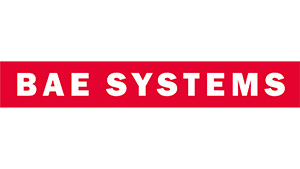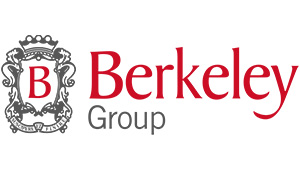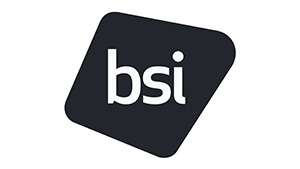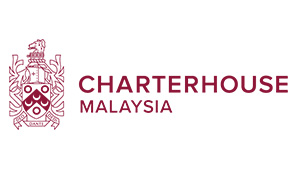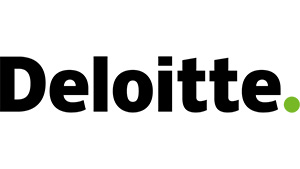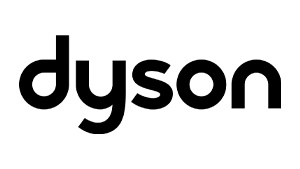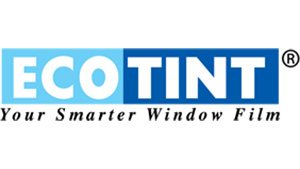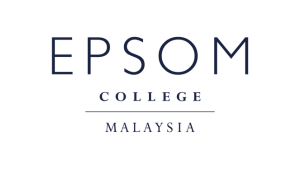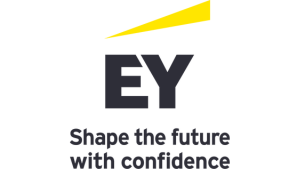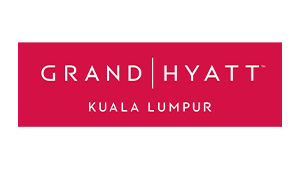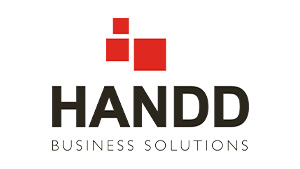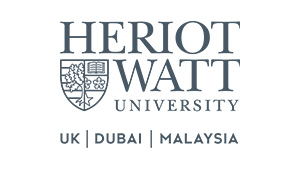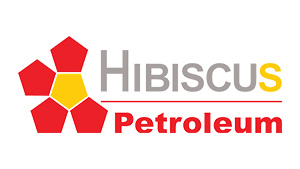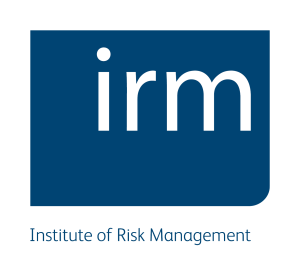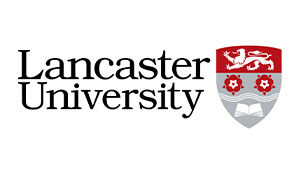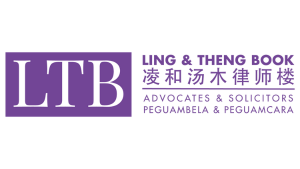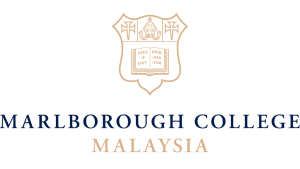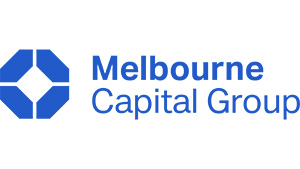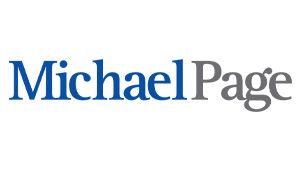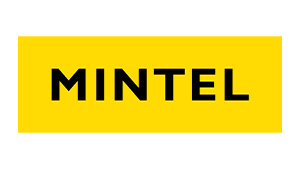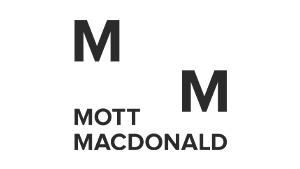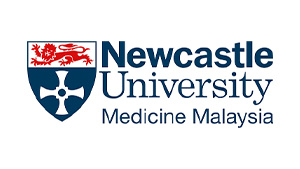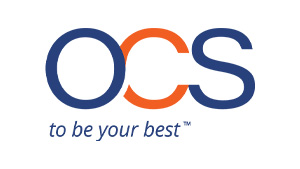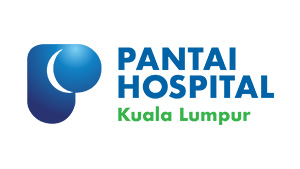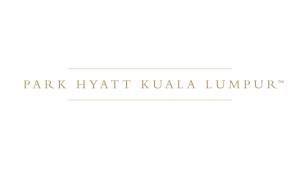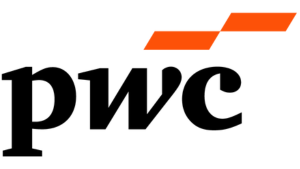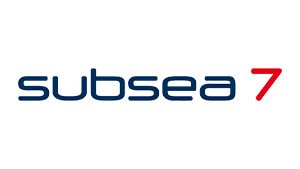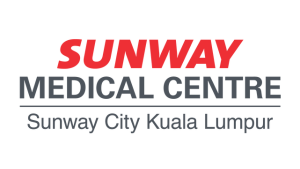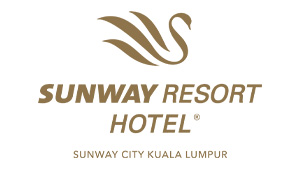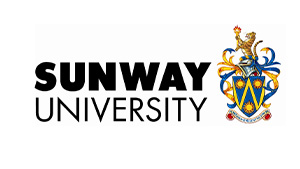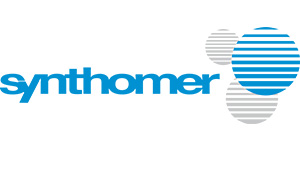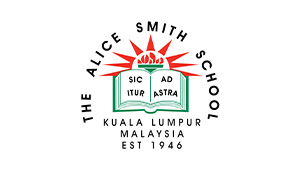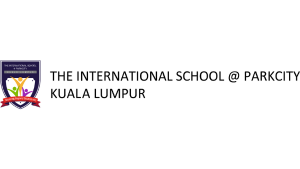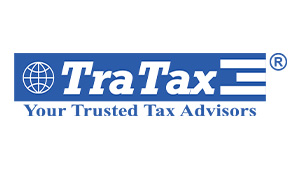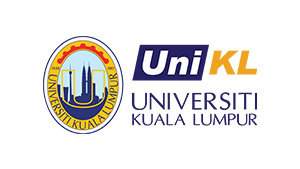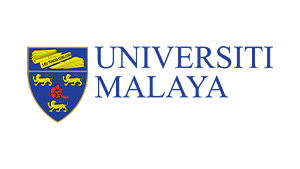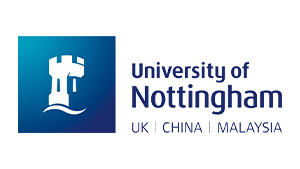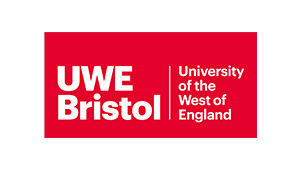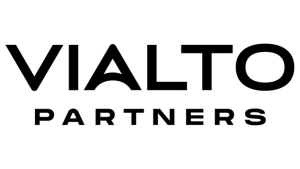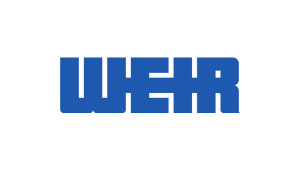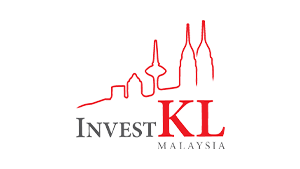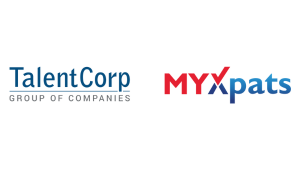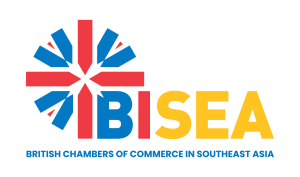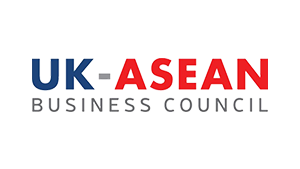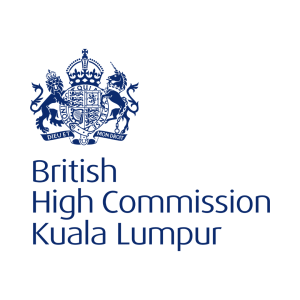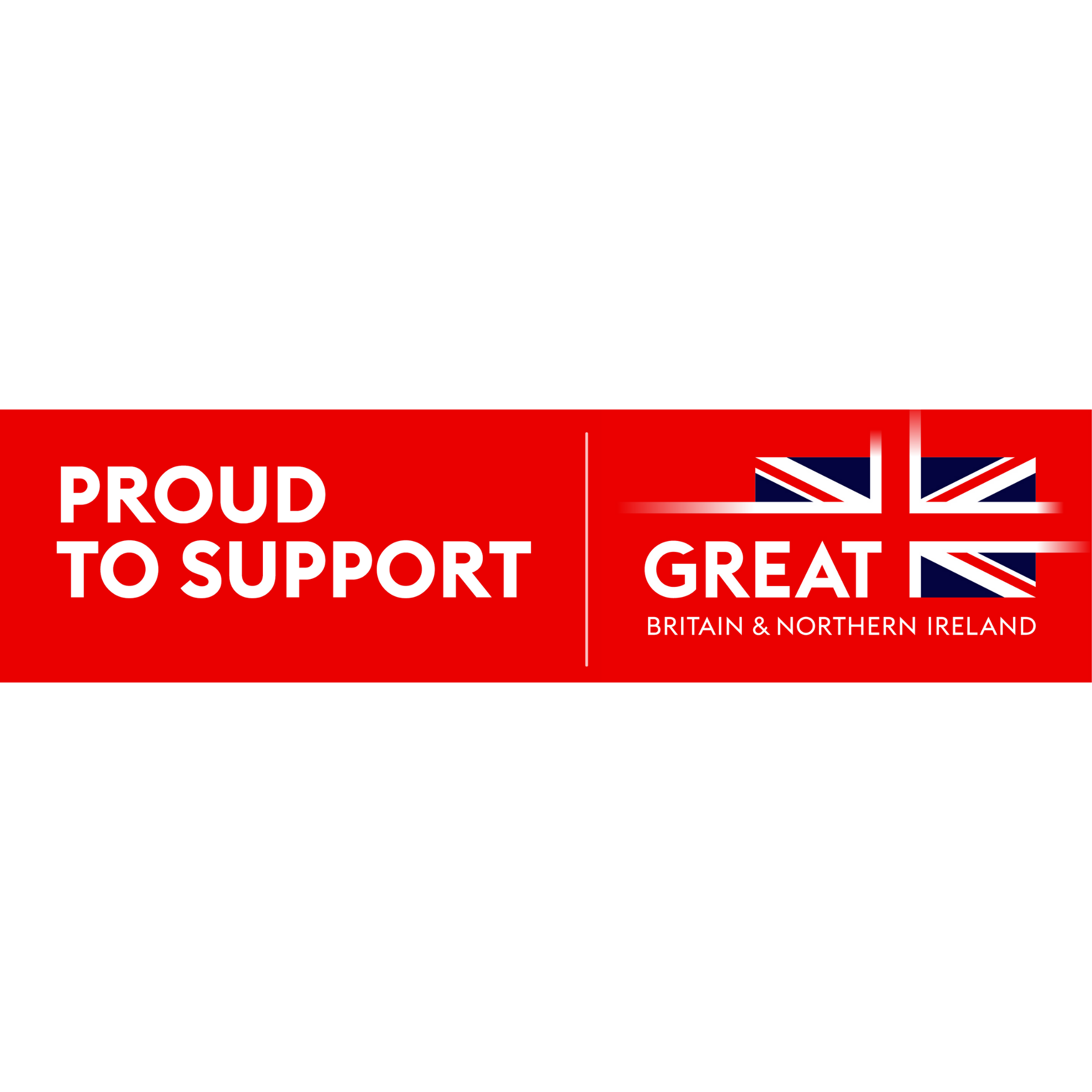Assoc. Prof. Dr. Kushsairy Abdul Kadir, Dean, UniKL British Malaysian Institute
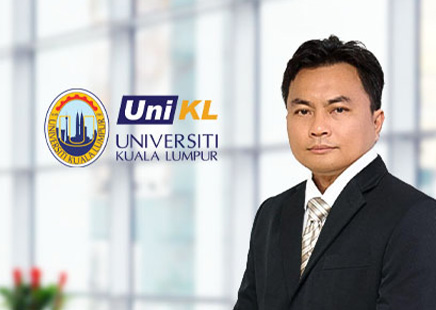

Universiti Kuala Lumpur British Malaysian Institute (UniKL BMI) is one of the 12 institutes that make up Universiti Kuala Lumpur (UniKL). We began in 1993 as Tuas Polytech. In 1997, Tuas Polytech started offering UK HND programmes as part of a G2G agreement between Malaysia and the UK. Subsequently, Tuas Polytech was renamed as British Malaysian Institute to commemorate the event. In 2003, the institute became one of the founding institutes of UniKL. Since then, the institute has grown by leaps and bounds, and continues to offer tertiary-level academic programmes specialising in electrical, electronics, telecommunication, and medical electronics engineering disciplines.
What are some of your organisation’s proudest moments/milestones in Malaysia?
Some of our proudest moments are the visit from Queen Elizabeth II in 1998 and the visit from Prince Edward and Baroness Blackstone in 1999. In 2003, the institute officially became part of UniKL and started offering degree programmes. UniKL’s first convocation was held in 2005. We won our first Putra Brand award and the brand laureate of the Asia Pacific Brands Foundation in 2016. In 2017, we became an MQA Self Accreditation Institution. UniKL celebrated its 19th anniversary on 22 August 2021 while the institute celebrated its 38th year of establishment.
Describe your operations and total investments in Malaysia (value, staff strength, etc.) to date.
UniKL is an institution of higher learning registered under the Ministry of Higher Education, Malaysia. With an enrolment exceeding 20,000 students, UniKL is the largest private institution of higher learning in Malaysia. Wholly owned by MARA, it specialises in the delivery of technical and vocational education. Located in Gombak, UniKL BMI operates as one of the UniKL campuses serving 2,100 students per year, pursuing various qualifications in either electrical, electronics, telecommunication, or medical electronics engineering. Approximately 500 students graduate from the institute yearly.
How has your business evolved during this pandemic, especially in terms of optimisation of human and technology resources?
The pandemic has disrupted the delivery of our teaching and learning process. Most of our courses are laboratory-based. With remote learning, we were forced to innovate the way we deliver our laboratory-intensive courses. Subsequently, we upgraded the IT infrastructure to allow remote access to our laboratories. Technicians are on-campus to assist lecturers and students access the lab equipment remotely. To ease students’ access to the internet, we collaborated with telcos to provide free broadband facilities.
As part of our commitment to ease remote access to our learning facilities, UniKL is fast to adopt digital learning strategies and new technology such as digital libraries, and augmented reality (AR) for online learning.
How do you see your business growth and prospects in Malaysia now?
As a technical university, UniKL will continue to grow and lead the technical and vocational education in Malaysia. Rapid digitalisation of the industries creates demand for a highly skilled and technologically adept workforce. UniKL is in the right position to produce the right talent for the industries. As the country eases into post-pandemic normalcy, we look forward to the prospect of hybrid online and hands-on learning experiences for our students.
What recommendation or advice would you give to other companies looking to invest or do in business in Malaysia?
Regionally, Malaysia has the most favourable climate for foreign investment. The country has the infrastructure and the talent to meet the needs of a technologically advanced organisation. Industries should work closely with Malaysia’s various institutions of higher learning in identifying and procuring the right talent for their organisation. We at UniKL BMI are always opening our doors to partnership and collaboration with industries, particularly in producing industry-ready graduates to meet the industries’ needs.
What are the top 3 reasons for your organisation joining the BMCC?
UniKL BMI continues to be part of the BMCC because of the benefits offered by the Chamber not only to our organisation but also to our staff and students. Through the Chamber’s education committee, we are able to reach out to similar institutions of higher learning in the UK for academic collaboration. By participating in events organised by the Chamber, we were given opportunities to initiate potential working relationships with UK industries operating in Malaysia. Lastly, our membership with the BMCC has given us the much-needed exposure, which has indirectly benefitted the institute and UniKL in general.
What is the top value you see for yourself or your organisation in being a member of the BMCC?
The opportunity to continue collaborating with UK institutions of higher learning and industries in advancing the technological vocational education for the benefit of our students.
In one sentence, how would you describe your own experience or your organisation’s experience as a member of the BMCC.
The BMCC membership has provided UniKL BMI, and UniKL in general, with a valuable means to promote its presence as the leading technological and vocational education provider in Malaysia.

